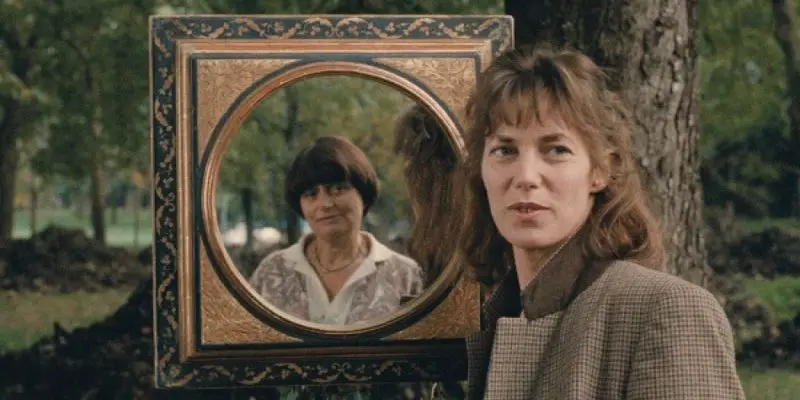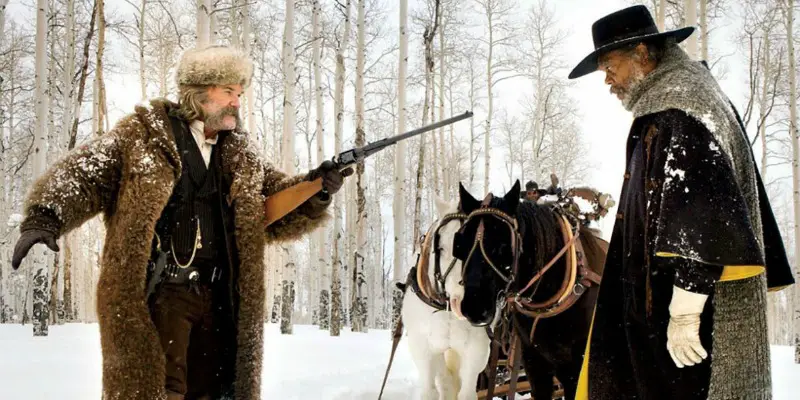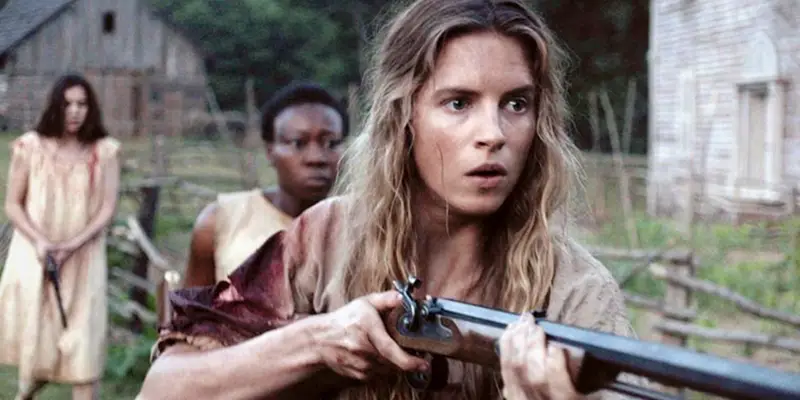Film Reviews

“I heard once somebody describing Zionism as a person escaping a burning building jumping out of the window and falling on somebody else’s head.” – Orly Noy, Israeli peace activist Colliding Dreams is a historical documentary exploring the history and ideas of Zionism, a nationalist movement of the Jewish community. The documentary examines Zionism in relation to the Jewish-Israeli occupation, a highly politically and religiously charged conflict between the Zionists and the Palestinians that continues until this day.

Entering the world of an Agnès Varda film requires coming to terms with who she is as a filmmaker. She understood and explored the ways in which documentary and fiction are inextricably linked while generally eschewing linear narratives, working instead to show her own complex relationship with her films as she made them. Films like Jane B.

Documentary filmmaking is an interesting thing: while an actor in a fiction film can (though certainly doesn’t necessarily) excise their own personal ego and inhabit a role entirely separate from themselves, the documentary subject does not have this luxury. In fact, for the subject of a documentary to be successful it takes precisely the opposite skill; to be fully present in oneself, perpetuating the most “you” version of you possible.

People like to tout the virtues of ‘unique’ and ‘misunderstood’ independent cinema, but sometimes a film is independent simply because it wasn’t good enough to obtain funding. The problem then is that curious people like me are unwittingly drawn to pretty bad, unknown, independently made films. Well, I’m delighted to say that while Portrait Of A Serial Monogamist is not going to rock your world, it’s better and I would say surprisingly sweeter than the average unknown indie.

At one point in Good Morning Karachi, a fashion photographer is vocal about the contemporary image of Pakistani femininity and culture he believes his photos represent. He claims that his company is the “women’s revolution the country has been waiting for” and that a simple fashion photoshoot can portray a more forward-thinking society to international citizens who portray Pakistan as a bunch of “fundamentalists”. Yet the views about femininity presented by director Sabiha Sumar in Good Morning Karachi are as confused as those presented by a photographer who believes photos of supermodels represents a realistic feminist ideal and aspiration in society.
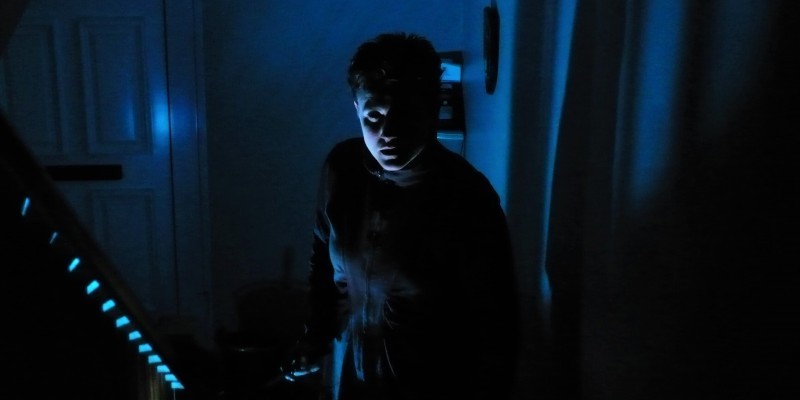
Sometimes watching a movie can feel like a duty. Maybe that’s because I take movies too seriously sometimes (okay, maybe all the time). But explaining why a movie fails is fraught with questions about my own expectations of a movie as they relate to the quagmire of unknowns about the creators’ intentions, let alone the practical budgetary constraints and other contingent aspects of an independent or studio production.

Naz and Maalik are not your average lead characters. They are gay, Muslim teenagers living a relatively quiet life in Brooklyn. When they aren’t selling lotto tickets and other cheap items on the street for cash, they are discussing college, their religious beliefs, and their relationship, which they largely avoid defining.
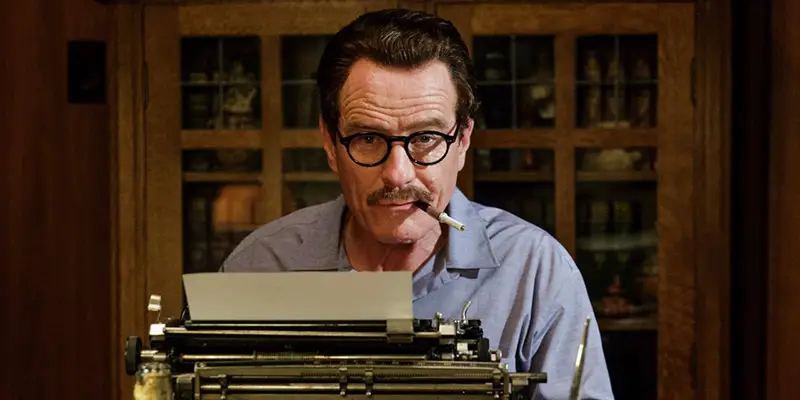
Hollywood and the golden age of film have now all but faded into history, and any glimpse into that world is for that reason a glimpse into history itself. Trumbo is a look at the show business world following the Cold War, when Hollywood started to blacklist people solely due to their political alignments. Starring the very talented Bryan Cranston as the titular character, the film is not only a successful character study and biopic, it is also an engaging and entertaining glimpse at a very dark time in Hollywood’s history.

When a writer/director makes a film set in a country foreign to them, it is clear to local audiences that this is an outsider’s view of their nation and their culture. There’s a reason Lost in Translation is derided in Japan and Match Point is met with sheer indifference in the UK. It becomes alienating to see your country through the eyes of somebody who hasn’t spent the majority of their life there, especially when the film is a work of social realism made by somebody with merely a second-hand knowledge of the realities of life there.
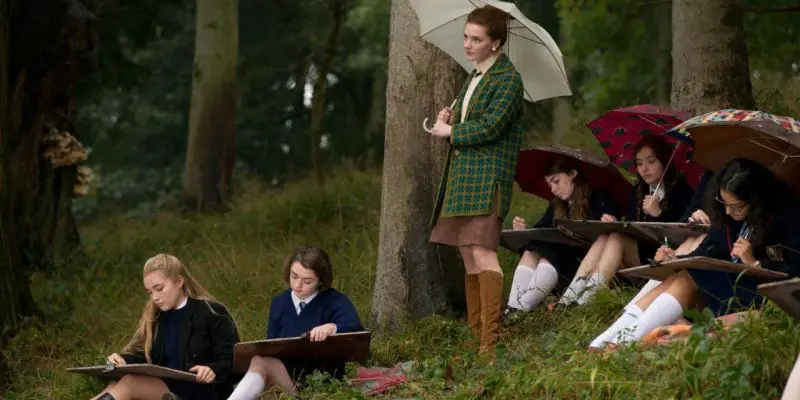
The Falling, the first drama feature by critically acclaimed director Carol Morley, went largely unnoticed on its general release. Despite collecting high praise from the critics, and starring Game of Thrones’ Maisie Williams in the lead role, The Falling was almost a blink-and-you-miss-it situation. This seems absolutely tragic, as I would have no reservations in rating it as my favourite film of 2015.
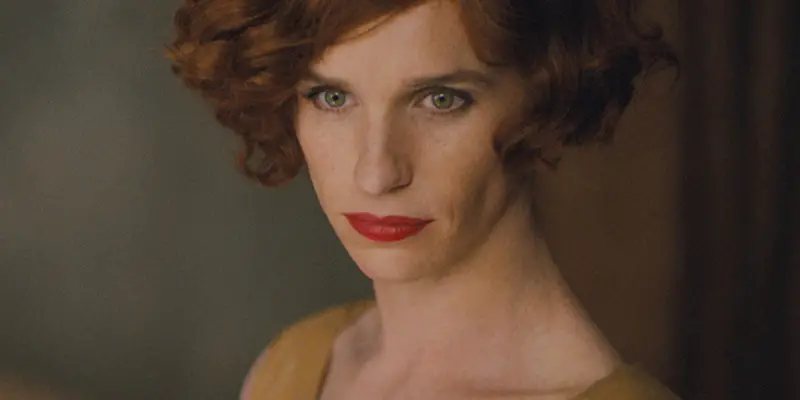
In June of 2015, the Supreme Court declared same-sex marriage legal in the United States. A prominent subject in the news, almost daily it seems that another celebrity or sports player has come out as gay, bisexual, or transgender; Caitlyn Jenner’s recent transformation being a prime example. Although there are still those that are resistant to it, having an alternate sexual orientation or gender identity is now acceptable in the modern world.
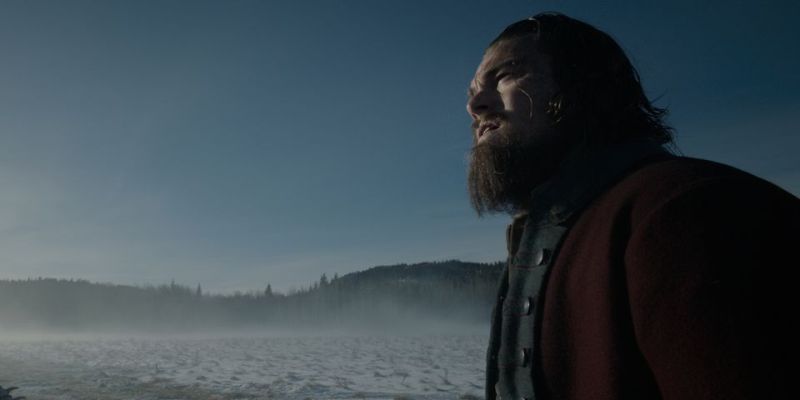
I went to the woods because I wished to live deliberately, to front only the essential facts of life, and see if I could not learn what it had to teach, and not, when I came to die, discovered I had not lived. — Walden (Henry David Thoreau) Set in the remote wilderness of Montana and South Dakota in the 1820s, director Alejandro Iñárritu’s biographical western, The Revenant, follows fur trapper Hugh Glass (Leonardo DiCaprio) and his remarkable quest of survival and retribution. Having been mauled by a bear and left for dead, Glass must find a strength and resolve to overcome the elements and fight his way back to civilization while attempting to have a cathartic release from his experiences.


